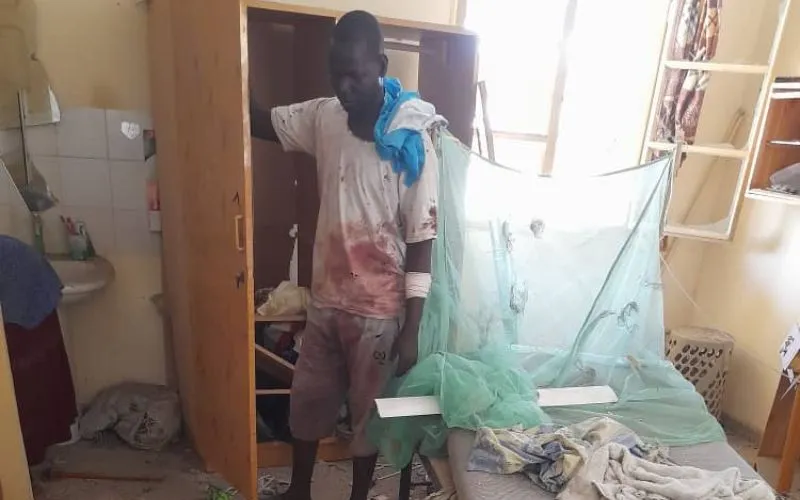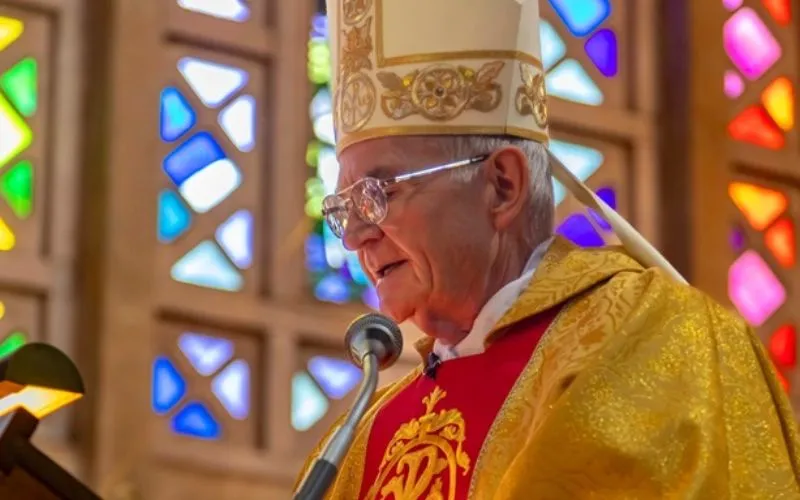Khartoum, 04 June, 2024 / 11:00 pm (ACI Africa).
When fighting in Sudan’s capital Khartoum intensified, with missiles endlessly hitting St. Joseph Vocational Training Centre of the Salesians of Don Bosco, the Catholic community around the college begged the missionaries to leave.
Fr. Chrisrea Allen who served as the administrator of the technical college that was located at the heart of the city recalls the plea of the locals who also promised the SDB members that they would “keep the faith alive” in the absence of the missionaries.
“The people assured us that they would hold onto the Catholic faith amid the war until we came back. They were full of hope that the war would end and that we would go back to Sudan. But they begged us to leave because they thought we were going to either starve or be killed by the missiles that kept hitting the college where we were holed,” Fr. Allen tells ACI Africa.
Activities at the college had stopped as fighting in the city intensified. Some 560 students at the college, most of them Islamic Sudanese students, were sent home.
For slightly over a month since the war between Sudanese Armed Forces (SAF) and the Rapid Support Forces (RSF) broke out on 15 April 2023, staff and some students who had remained at the college tried to manage the little food and water they had. Movement from the college was restricted and the inhabitants had no way to get new food supplies. Locals would occasionally sneak into the college bringing food. But when surviving became difficult for them too, they begged the Salesians to flee.








